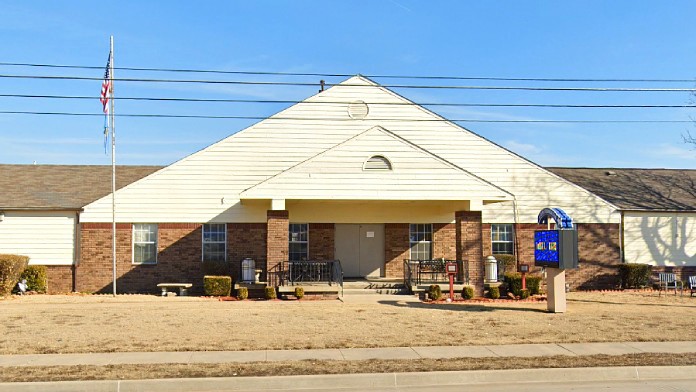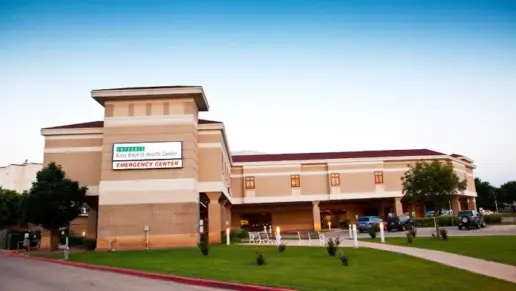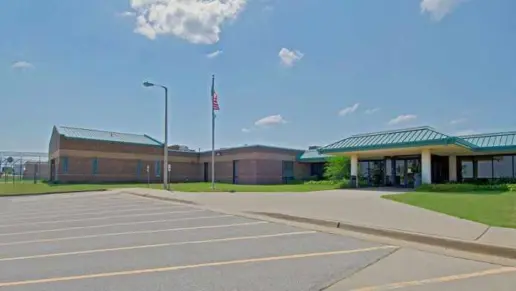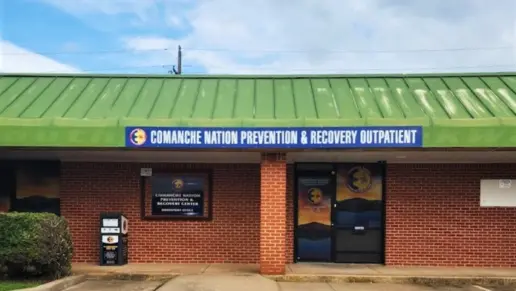HOW foundation has helped me a lot in my recovery process, they have given me a foundation to go forward in my life. They have taught me how to live again, free of addictions. Thanks to the help that I've received here now I'm more responsible and a more respectful person. M ...
About HOW Foundation
The H.O.W. Foundation is a free residential recovery program for men affected by substance use disorders in Tulsa, Oklahoma. They provide a structured and sober environment where you can learn accountability, discipline, and hard work. They take a no nonsense approach to rehabilitation that is grounded on 12 Step practices and the principles of strong work ethics. It frees you from the effects of substance abuse by granting you insight, strength and hope for a better life.
The H.O.W. Foundation combines these 12 Step principles with hands-on work in a supportive sober living space. They work with law enforcement to spark your sense of personal responsibility, moral values and self-confidence. Accepting responsibility for your life decisions keeps you laser focused on recovery instead of blaming others for your failures. This is what this program is all about. It is self supporting and physically demanding. You’ll learn accountability, personal responsibility and independent living skills through traditional manual labor. This labor is performed through community services, including removing tree stumps, chopping firewood, and hauling trash.
The program also emphasizes open-mindedness. This is important when working the 12 Steps. You must be willing to learn how to put the steps into practice. This learning experience fosters a real sense of community, of giving back and of truly belonging. 12 Step meetings don’t just promote community support but also inspire lasting relationships. When you think of it, you’ll connect with peers who share your experiences, strengths, and vulnerabilities. This helps you create a strong support network that encourages a sober lifestyle and prevents relapse. The activities also include prayers and meditation to help you build inner peace and self-awareness.
The program grants you a brand new perspective on life. You’ll be equipped with a restored work ethic and a set of new principles to guide your life. This is a recipe for making a fresh start that sets you up for a healthy and productive life. This is given that you continue putting in the work though. The program lasts for a minimum of six months.
Latest Reviews
Rehab Score
Gallery

Location
Other Forms of Payment
Financial aid can take many forms. Centers may have grants or scholarships available to clients who meet eligibility requirements. Programs that receive SAMHSA grants may have financial aid available for those who need treatment as well. Grants and scholarships can help you pai for treatment without having to repay.
Addiction Treatments
Levels of Care
Treatments
The goal of treatment for alcoholism is abstinence. Those with poor social support, poor motivation, or psychiatric disorders tend to relapse within a few years of treatment. For these people, success is measured by longer periods of abstinence, reduced use of alcohol, better health, and improved social functioning. Recovery and Maintenance are usually based on 12 step programs and AA meetings.
To address the issues of addiction, each drug rehab in Oklahoma is tailored to meet the individual's needs. Treatment may occur in a residential or outpatient setting, and may last from a few days to several months.
Opioid rehabs specialize in supporting those recovering from opioid addiction. They treat those suffering from addiction to illegal opioids like heroin, as well as prescription drugs like oxycodone. These centers typically combine both physical as well as mental and emotional support to help stop addiction. Physical support often includes medical detox and subsequent medical support (including medication), and mental support includes in-depth therapy to address the underlying causes of addiction.
Substance rehabs focus on helping individuals recover from substance abuse, including alcohol and drug addiction (both illegal and prescription drugs). They often include the opportunity to engage in both individual as well as group therapy.
Programs


Clinical Services
Group therapy is any therapeutic work that happens in a group (not one-on-one). There are a number of different group therapy modalities, including support groups, experiential therapy, psycho-education, and more. Group therapy involves treatment as well as processing interaction between group members.
In individual therapy, a patient meets one-on-one with a trained psychologist or counselor. Therapy is a pivotal part of effective substance abuse treatment, as it often covers root causes of addiction, including challenges faced by the patient in their social, family, and work/school life.
Life skills trainings involve all the skills a person must have in order to function successfully in the world. These include time management, career guidance, money management, and effective communication. Truly successful addiction recovery is based on the ability to not only live substance-free, but to thrive. Life skills teaches the practical necessities of functioning in society, which sets clients up for success in life, and therefore sobriety.
Amenities
-
Private Setting
Contact Information
5649 South Garnett Road
Tulsa, OK 74146


